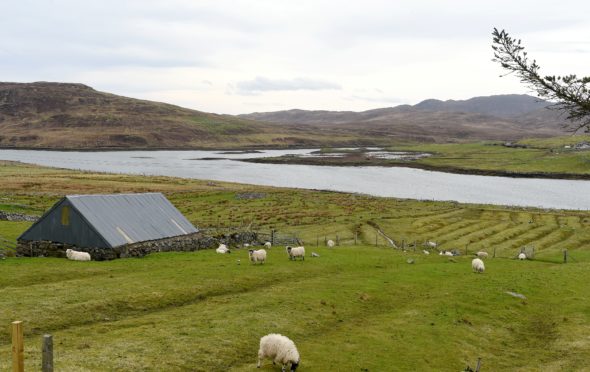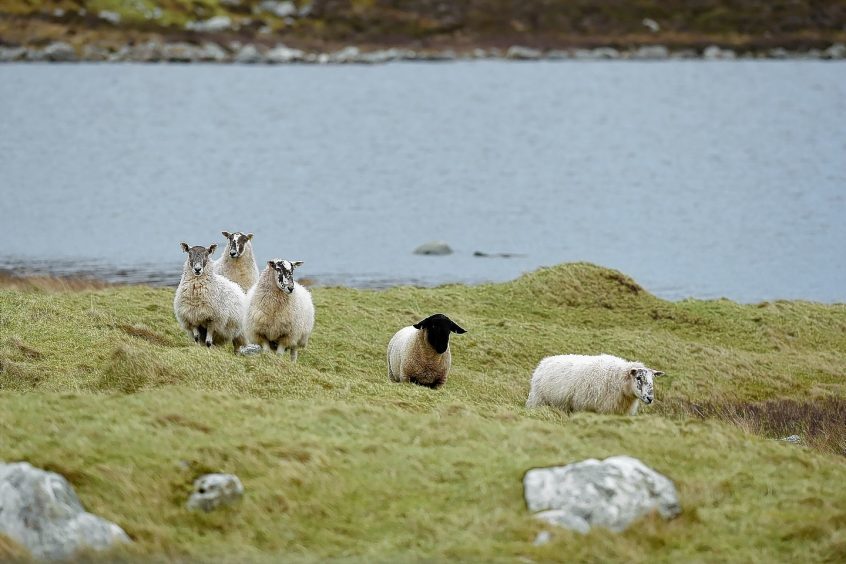Crofting is in crisis – crofts are unaffordable to local or young people, many crofts are unused but not passed on, and inappropriate decrofting is waived through.
A regulated system has been allowed to be corrupted by the open market and this clash of ideologies just doesn’t work.
In 2008, Professor Mark Shucksmith, chair of the Committee of Inquiry on Crofting (CoIoC) commented: “Scotland requires a well-populated countryside which sustains a diverse and innovative economy, attracts visitors, cares for natural habitats, biodiversity and carbon stocks, and sustains distinctive cultures.
“Crofting has had success in relation to these objectives, and – given the right support – has the potential to contribute much more.”
Despite its best efforts, the Crofting Commission is failing to manage the system, let alone the crisis crofting faces.
The back-log in bureaucracy seems to increase, the task of administration grows exponentially, and the commission is overwhelmed.
Whilst floundering in paperwork, the regulation of core crofting duties seems to have been all but abandoned; less than 10% of staff time is spent on ‘Residency and Land Use’.
The future of crofting – a system that offers so much more than simply land management or food production – is in jeopardy.
The term of office of this board of Crofting Commissioners is approaching completion so we wrote to them asking them to reflect on their watch at the helm.
We asked if they recognise the emergency facing crofting and what is preventing the commission from being the effective custodian we all want, and what is required to restore crofting to good health?
Their perspective is unique and we hope that their advice will be taken by Scottish Government.
The situation has deteriorated considerably since the Committee of Inquiry on Crofting reported in 2008, stating back then that crofting, and the many benefits it offers, is in danger and needs urgent attention.
Yet the recognition of the value of crofting has increased during this same period.
It is now far more appreciated that low-intensity land-use is the way forward in addressing climate change, the depletion of biodiversity and environmental degradation, and that more people using the land and producing food on a small-scale tackles depopulation and increases community resilience.
The Scottish Government is concerned about these wider issues and the strategies put forward to address them describe crofting, yet government doesn’t seem to recognise the threat to this system that is unfolding before our eyes.
A great deal can be done now through effective regulation, if the commission is given adequate resources.
Some issues will need legislative reform, which has been widely called for, for many years.
A great deal of work has been done on this with ‘The Sump’, a collation of the anomalies and glitches in the law that need sorting, and the Crofting Bill Group, that spent hundreds of hours working on a bill that would form more effective croft law.
The bill was stopped in the last session of government because Brexit was taking all resources, but it was promised that it would receive urgent attention in the new session.
It was extremely disheartening to see that crofting was only referred to in passing in the Programme for Government and progressing crofting law reform did not appear at all.
- Patrick Krause is chief executive of the Scottish Crofting Federation.


